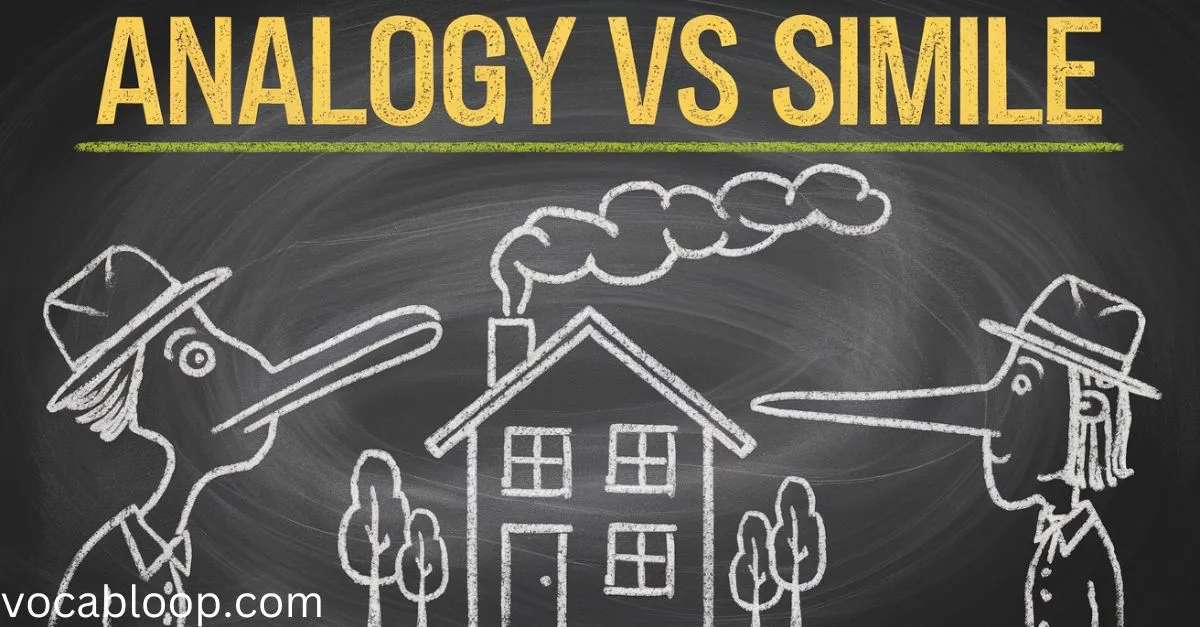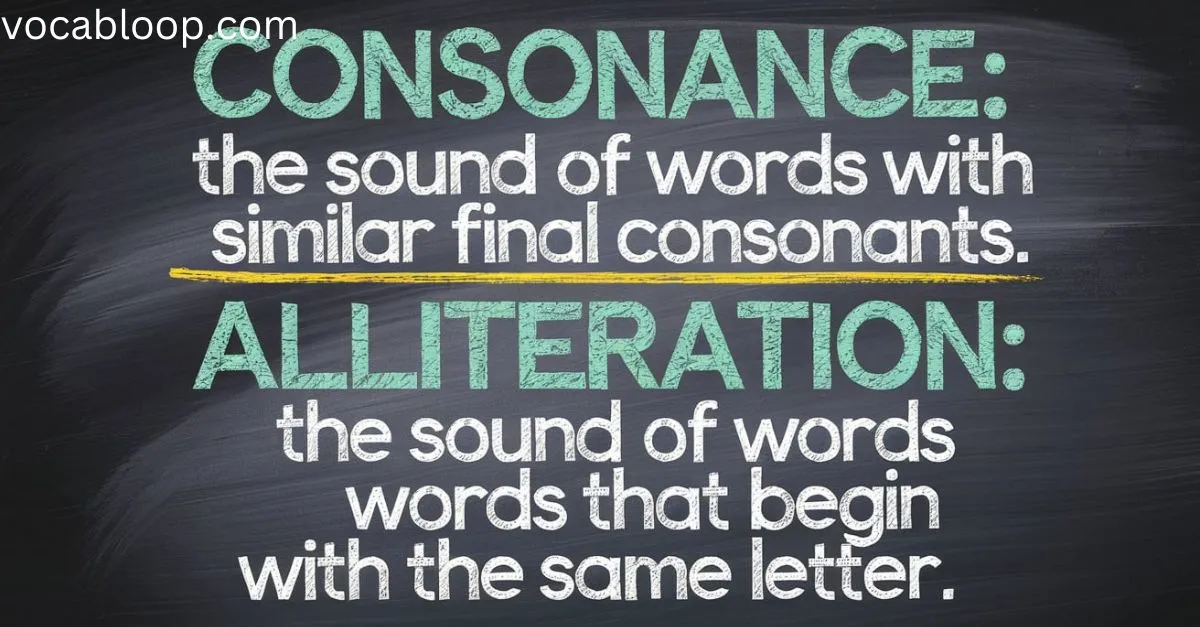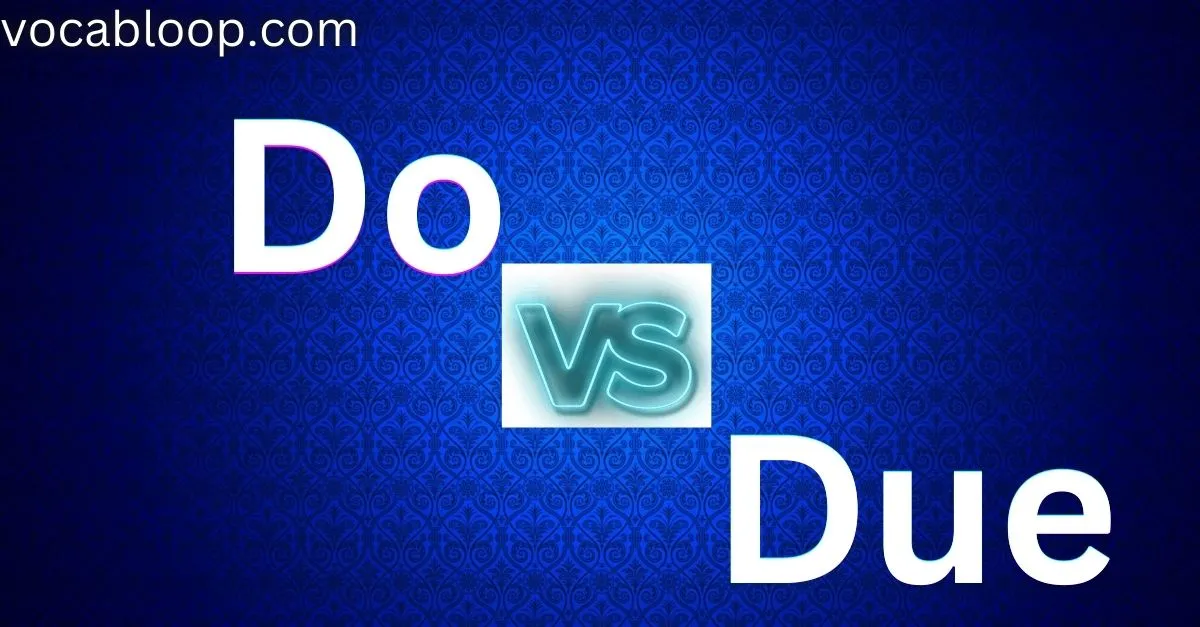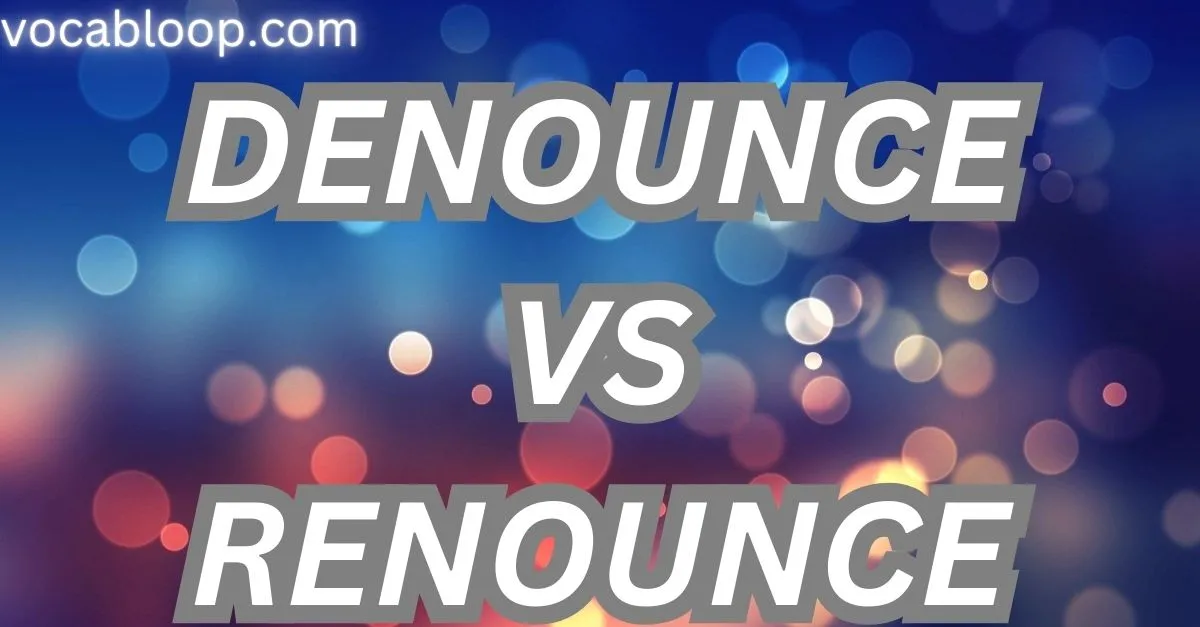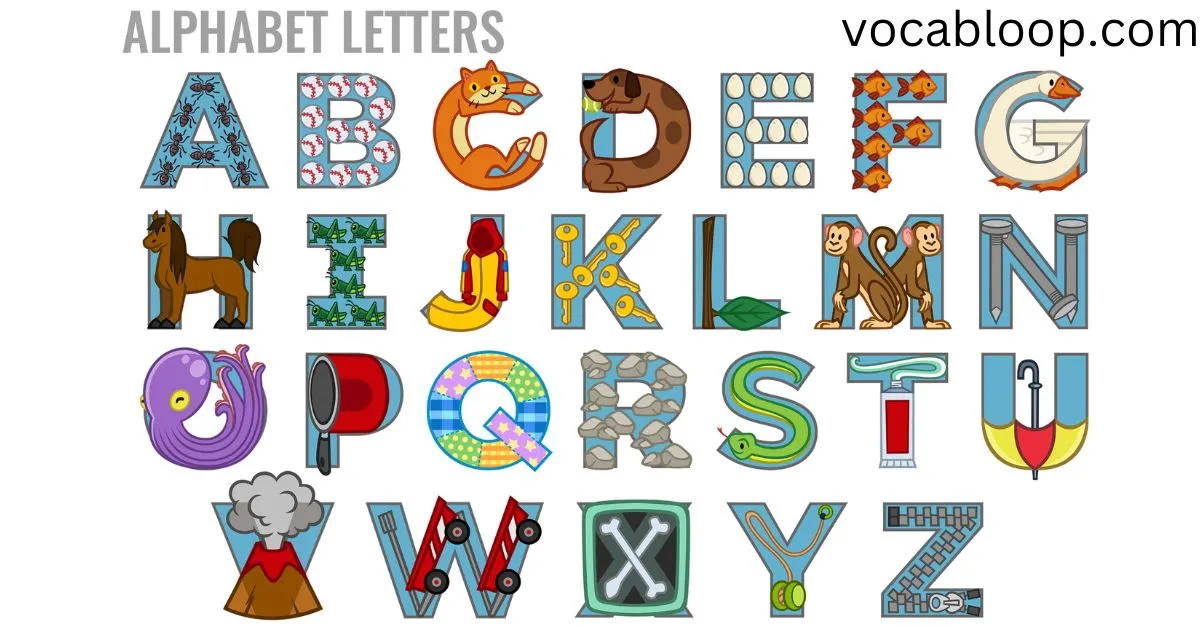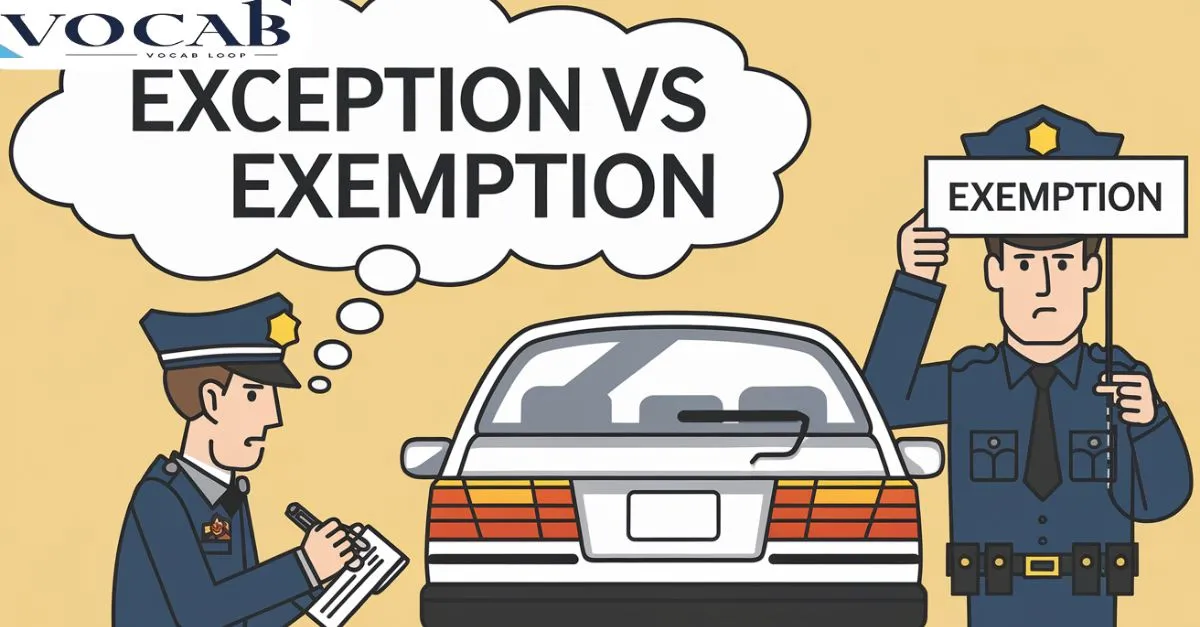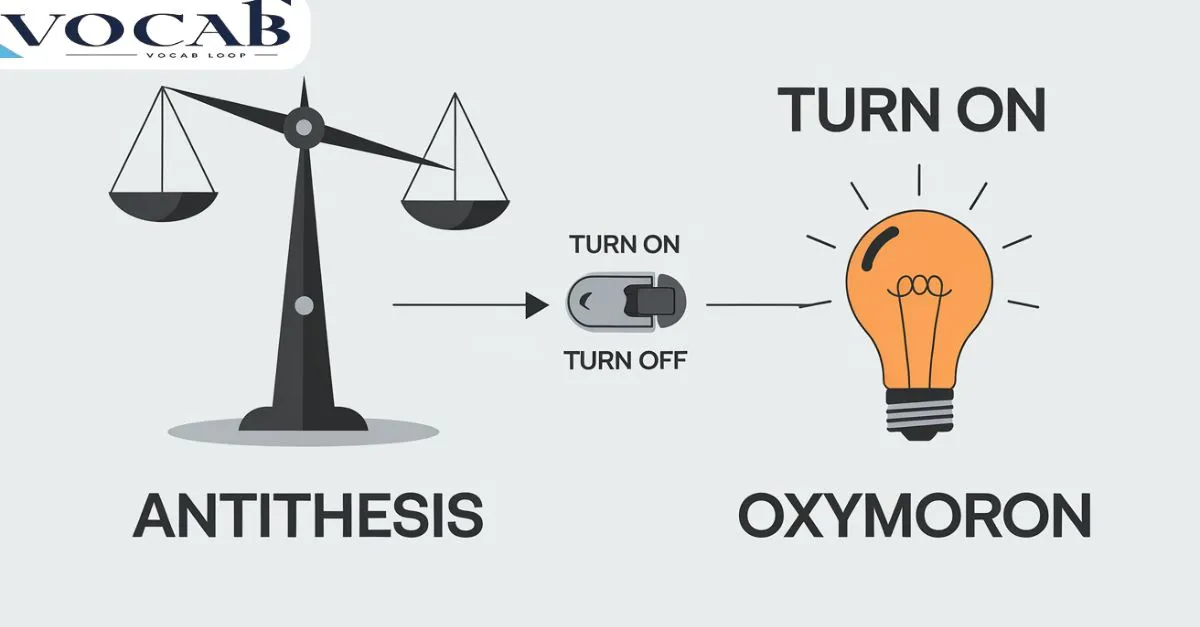Lives or Lifes: What’s the Difference?
The English language is full of twists and turns, often leaving learners and even native speakers puzzled. A common grammar discussion revolves around the words lives or lifes. The difference between these two terms may seem small, but it has a significant impact on clarity and correctness. To help you navigate this life and lives … Read more


